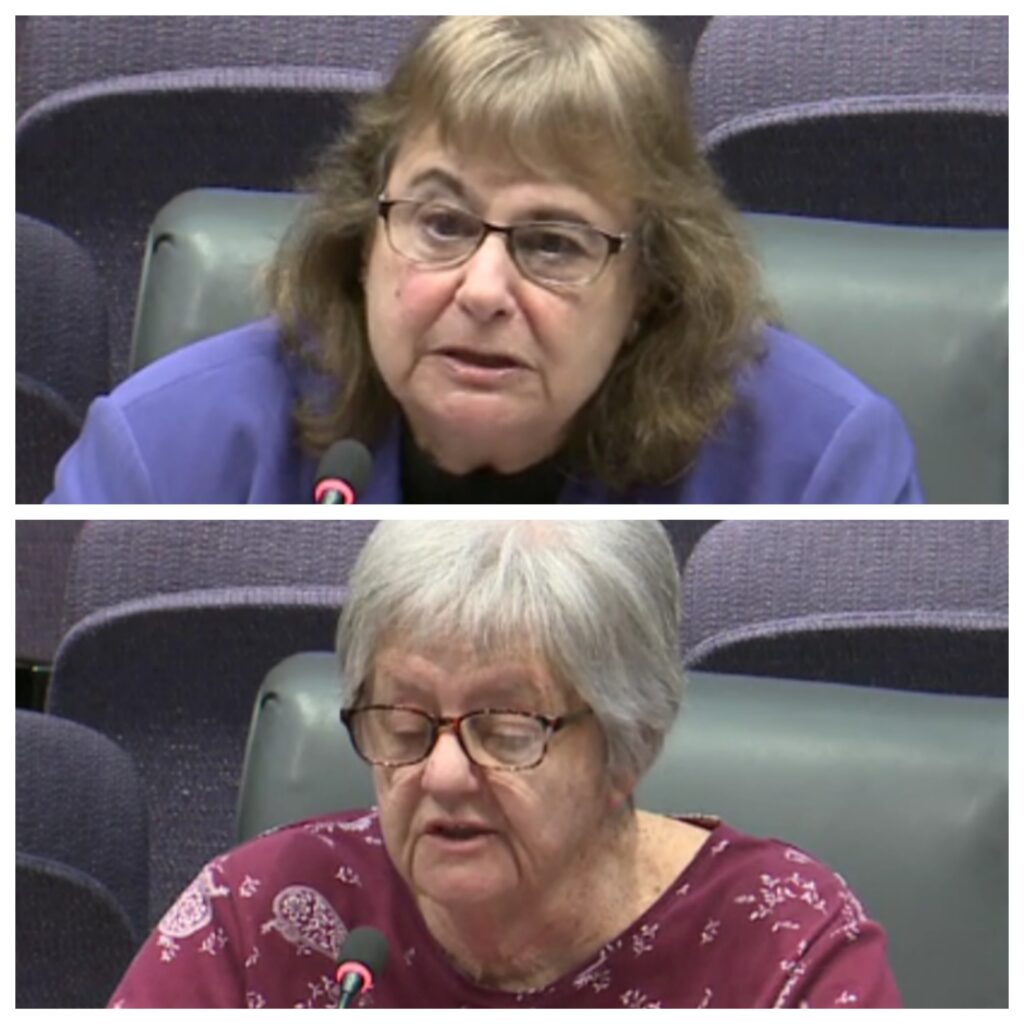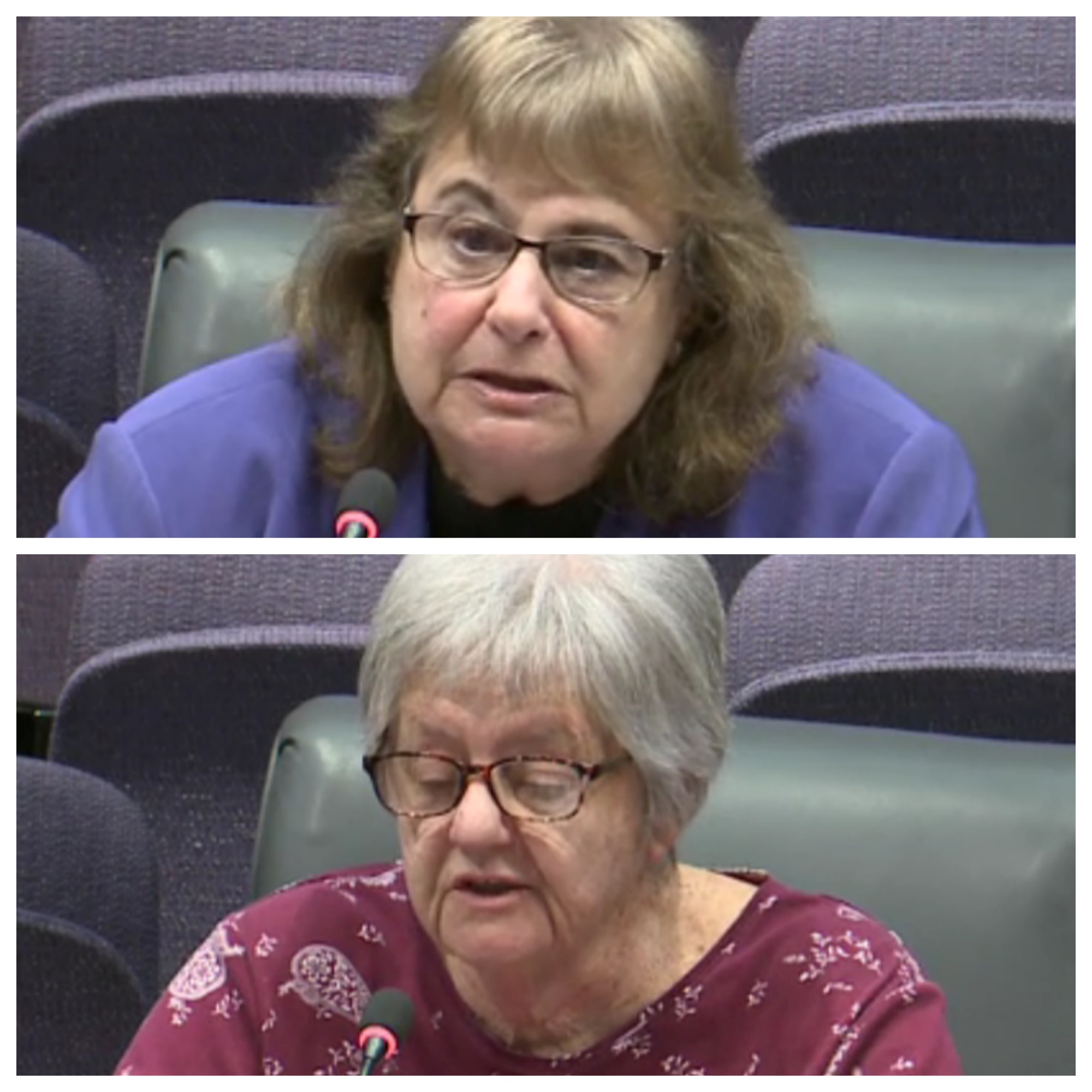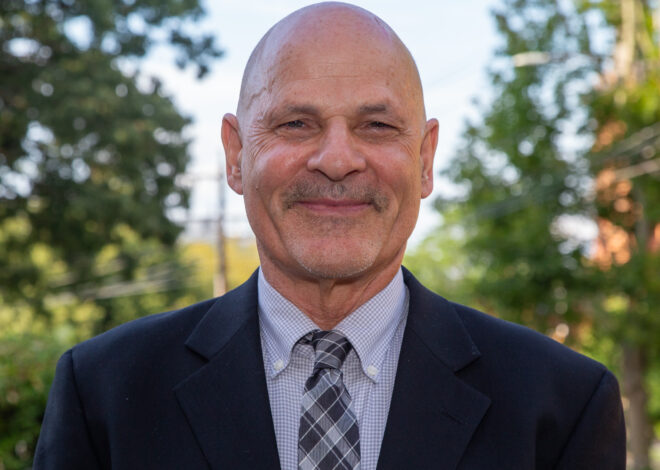By John McNamara
HARTFORD – Legislation sponsored by New Britain lawmakers to require clear language on city charter and other municipal ballot questions received a joint favorable (JF) report from the General Assembly’s Government Administration and Elections Committee March 22nd.
The Committee approved advancing the bill for possible floor action 14 to 5 on a party-line vote with five Republicans opposing and 14 Democrats supporting Senate Bill 862,
The GAE bill would change state election law and set new standards for local ballot questions to apply “clear, plain language” and to specify the change or changes to be made if local questions are approved.
New Britain At The State Capitol
Proposed by members of the New Britain League of Women Voters (NBLWV) and endorsed by the Connecticut LWV, SB862 would amend Section 9-369a of state law to require clarity on ballot questions and limit them “to one subject matter.” It would also give the Secretary of the State oversight as to whether ballot questions conform to a “clear, plain language” standard.
Impetus for the legislation sprung from concerns over the the wording and transparency of one of the city charter questions in New Britain and municipal referendums in other towns in the November 2022 state election.

At a March 10th public hearing New Britain LWV Secretary Ann Speyer testified in support of the bill, joining others in saying the second New Britain charter question last November “Shall the remainder of the changes to the city charter, as recommended by the Charter Revision Commission, be approved?” buried different and substantive changes to governing the city. “They included changing the offices of Town Clerk and Tax Collector from elected offices, to appointed; a new position of COO, a hired city manager, given much of the same authority as the mayor; the independent Water Department to be moved to a part Public Works, boards and commissions to disband or merge, as well as other changes,” stated Speyer. “Whether voters agreed with the proposals or not is not the issue. These were substantive issues which should have been clearly presented.”
At issue in New Britain was the Common Council approving a question combining different and major changes recommended by the charter commission without explanation on the ballot. The Commission report called for an additional question or two on the ballot for clarity that was ignored by the Council. The controversial charter question was approved at last year’s election and changes go into effect this year.
The legislation as proposed faces an uphill climb in the 2023 session primarily because of a provision that requires the Secretary of the State to ensure all ballot questions meet a “plain language” standard. Stephanie Thomas, the first-term Secretary of the State, told the committee the bill is “problematic for our office.” Thomas said “municipal ballot questions are based on the charters of each locality, which are not within the purview of the Office of the Secretary of the State. Our office’s existing staff do not possess the expertise or operational ability to take on the new task of reviewing municipal ballot question language.”
Thomas concurred with the Connecticut Town Clerks Association (CTCA) that the bill “would add further delays” and require changes to the election calendar. New Britain Town and City Clerk Mark Bernacki, testifying on behalf of CTCA cited a need to change the election calendar if the clarifying language for ballots in state law was adopted. “While CTCA supports the spirit of the bill,” stated Bernacki, “the election calendar for finalizing candidates, finalizing referenda questions, designing the ballot, and printing the ballot for absentee ballot distribution is extremely tight. CTCA encourages the GAE Committee to seek the Secretary of the State’s input as this bill which would require a total overhaul of the election calendar. At this time, without significant changes to the election calendar CTCA
cannot support SB 862.”
The major provision of HB 862, however, stipulating that local referendum questions stick to “one subject matter” drew strong support from the Connecticut League of Women Voters (CT-LWV) leaders and members and others at the March 10th hearing. Thomas and the CTCA objected to the bill largely on technical and budgetary grounds.
State Rep. Gary Turco (D-27), representing Newington and a section of New Britain and a co-sponsor of the bill, pointed to the 2022 referendum in Newington that “included 16 different items which many voters were unaware of any details before election day.” Turco said “even if voters were aware of some of the sixteen individual items, having only one question on the ballot does not give voters the choice on the specific changes that they want or do not want because, it was an all-or-nothing vote. This left no room for voters to decide on each change.”
Pua Ford of the CTLWV testified that the “charter reform often consists of several unrelated issues lumped together into a single question described only as “recommended changes of the charter revision committee.” Such summary questions fail to inform voters of all the changes themselves. To offer them a Yes or No vote is not enough. A search of reports of the November 2022 election found this kind of ballot question for the towns of Cromwell, Fairfield, Newtown, Hamden, East Hartford, Newington, New Britain, and Hartford. Among the issues buried within generalized questions were Board of Education terms, hiring of town managers, abolishing appeals boards, and changing Town Clerks and Tax Collectors from elected positions to appointed positions. Other municipalities, such as Waterbury, East Windsor, Enfield, Norwich, Southington and Plainfield did lay out their questions by individual topics so that voters had explicit information as to the issues being addressed.” CTLWV President Laura Smits joined local LWV members in testifying that the state statute governing local charter referendums include “single subject matter” requirements.
Testimony submitted to the GAE Committee also cited laws in 17 states that mandate “single issue” ballot questions when major but separate issues are raised for voter approval.




